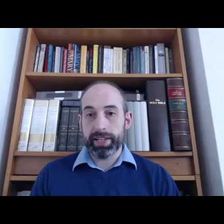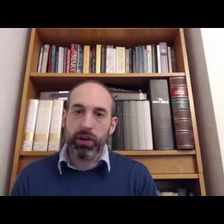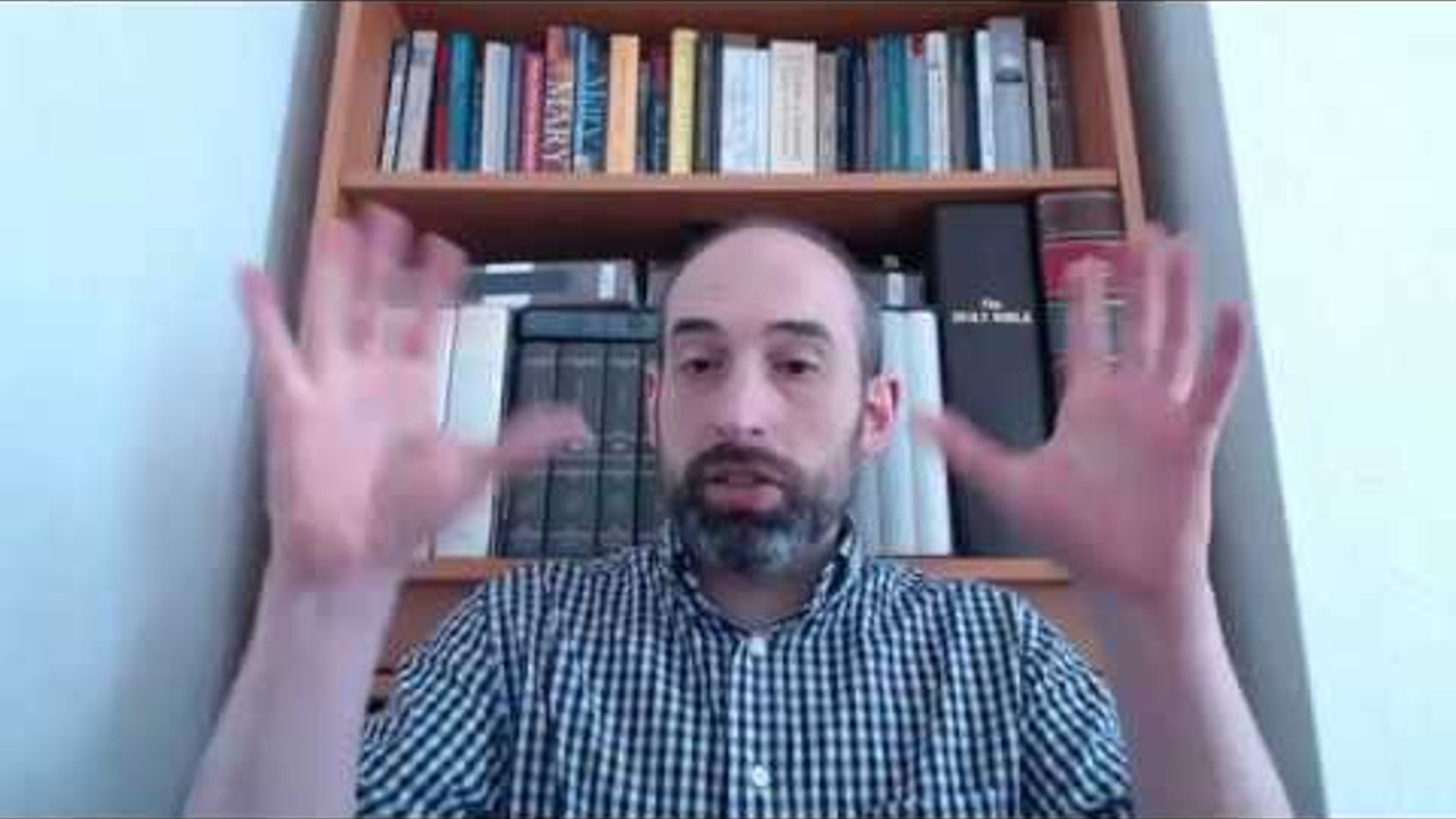Q&A#124 What Does Worldview Thinking Miss?

Today's question: "You've criticized 'worldview' approaches on a number of occasions. What are some of the things that you think they are missing?"
See my recent articles on worldview thinking here (https://davenantinstitute.org/being-biblical-when-the-bible-becomes-a-brand/) and here (https://theopolisinstitute.com/article/learning-wisdom-from-the-serpents).
My blog for my podcasts and videos is found here: https://adversariapodcast.com/. You can see transcripts of my videos here: https://adversariapodcast.com/list-of-videos-and-podcasts/.
If you have any questions, you can leave them on my Curious Cat account: https://curiouscat.me/zugzwanged.
If you have enjoyed these talks, please tell your friends and consider supporting me on Patreon: https://www.patreon.com/zugzwanged. You can also support me using my PayPal account: https://bit.ly/2RLaUcB.
The audio of all of my videos is available on my Soundcloud account: https://soundcloud.com/alastairadversaria. You can also listen to the audio of these episodes on iTunes: https://itunes.apple.com/gb/podcast/alastairs-adversaria/id1416351035?mt=2.
More From Alastair Roberts






More on OpenTheo















